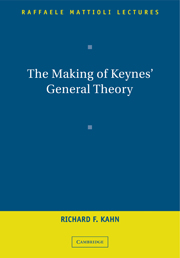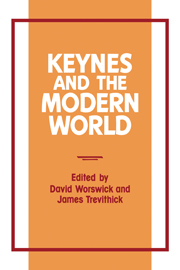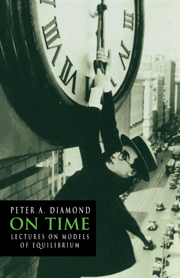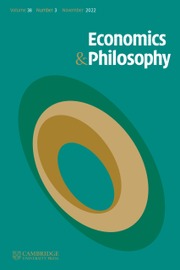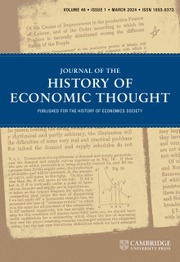Methodological Foundations of Macroeconomics
This book is an investigation of the methodological and epistemological foundations of macroeconomic theory, based on an examination of the theories of Keynes and Lucas. Professor Vercelli first discusses the methodological issues that lie behind the conflict among different schools of thought in macroeconomics, issues that are central not only to many branches of economics but also to other scientific disciplines. The author compares the two main alternative research programs in macroeconomics: that outlined by Keynes in his "General Theory," and that suggested by Lucas, the leader of the new classical economists. After examining the methodological underpinnings of these conflicting views, he concludes that a Keynesian conception of macroeconomics as a discipline autonomous from microeconomics and open to theoretical and methodological innovation should be defended, thus excluding fundamentalism either of the Keynesian or new classical varieties.
Reviews & endorsements
"The book provides an extensive and up-to-date list of references and helpful subject and author indices. The book is well written and will be a valuable source to academicians." Southern Economic Journal
Product details
September 1991Hardback
9780521392945
288 pages
236 × 156 × 22 mm
0.541kg
Available
Table of Contents
- Preface
- 1. Introduction
- Part I. Methodological Foundations Of Macroeconomics:
- 2. Equilibrium, disequilibrium and economic theory
- 3. Dynamic instability and economic models
- 4. Structural instability and economic change
- 5. Uncertainty, predictability and flexibility
- 6. Rationality and expectations
- 7. Probabilistic causality and economic analysis: Suppes, Keynes, Granger
- Part II. Keynes After Lucas:
- 8. Lucas's scientific paradigm
- 9. Lucas's heuristic model
- 10. The real equilibrium business cycle and Lucas's attempt at a synthesis
- 11. Keynes's heuristic model: general observations
- 12. Money and production in Schumpeter and Keynes: Two dichotomies
- 13. Keynes's heuristic model: methodological aspects
- 14. Conclusions
- References
- Index.


